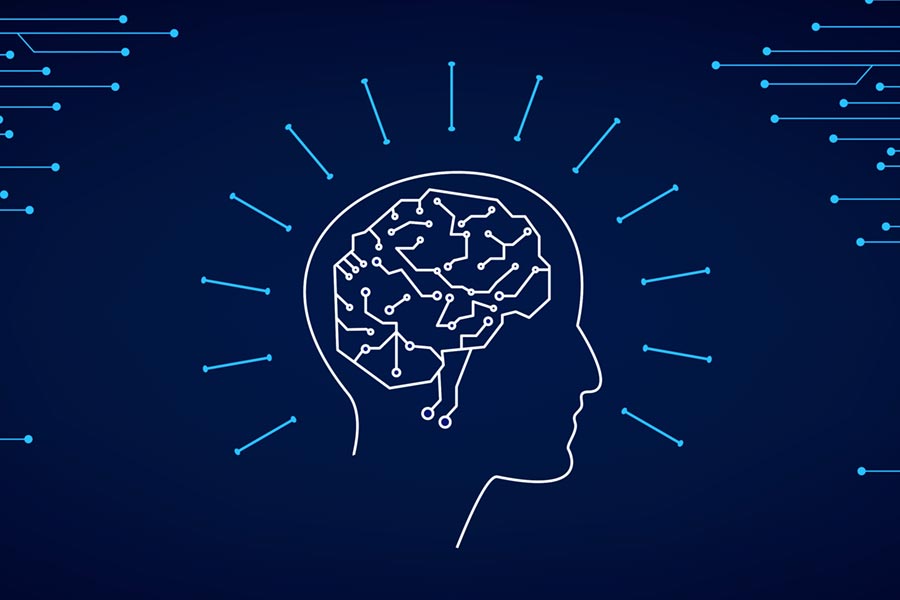
Cognitive computing.
The thematic area “Cognitive Computing” is mainly focused on theoretical, experimental, and applied aspects regarding cognitive systems of new generation able to learn and reason with neuromorphic problem-solving features, as well as to engage with humans in a natural and personalized way, by integrating emotional and social issues. It includes two main research areas, strictly related among them: i) cognitive systems, ii) cognitive robotics and social sensing.
The research area of “cognitive systems” studies methodologies, algorithms and techniques for the automatic learning and human-like reasoning, the identification of human activities and behaviors in specific contexts and the automatic adaptation in response to external dynamics, the natural human-computer interaction, the management and semantic integration of huge amounts of heterogeneous data. The research activities are aimed at realizing cognitive systems for specific application domains and able to provide decisional support for solving complex problems.
The research area of “cognitive robotics and social sensing” studies methodologies, algorithms and techniques for the integration of basic cognitive aspects (understanding, learning, decision making, and communicating) with emotional ones (moods, creativity, introspective capabilities, motivations), the social interaction, by means of language processing and textual analysis, the human-robot interaction. The research activities are aimed at realizing both autonomous software systems and humanoid robotic platforms able to recognize, interpret and simulate the human emotional and social behavior in real and virtual environments.
Involved Laboratories:
